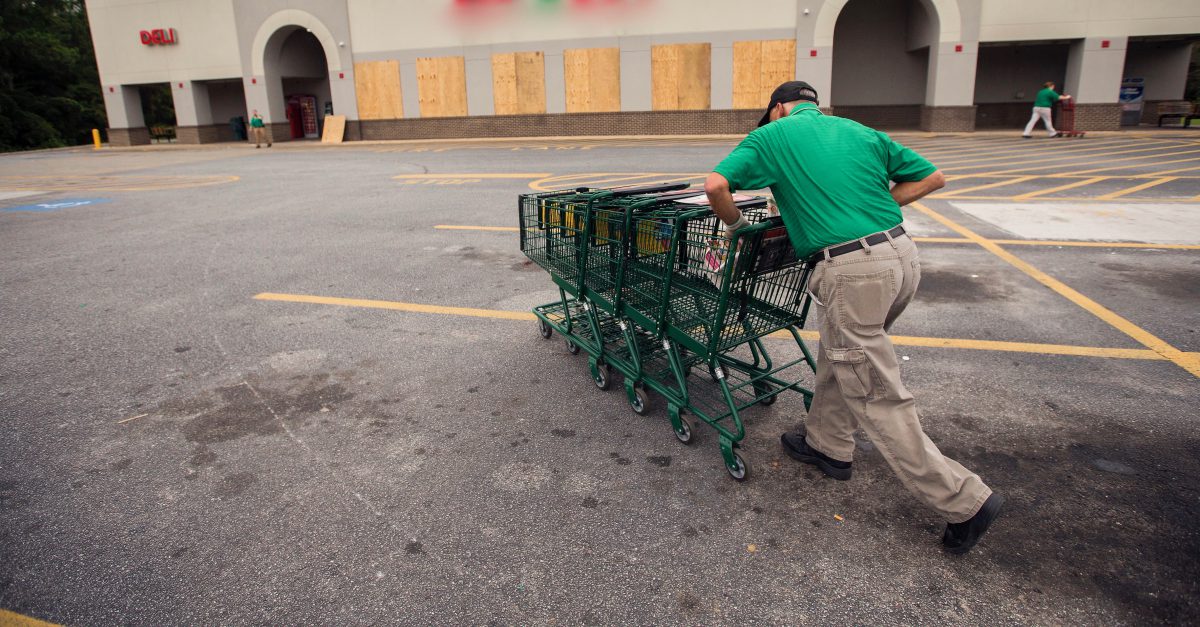A recent pilot program geared toward recovering abandoned shopping carts is using neighborhoods on the southwest and southeast sides as test beds, in hopes of spreading the methods across the city. However, the current program has encountered some opposition from both City Hall and business leaders. The mayor’s office has questions about the program’s effectiveness, while local retailers have expressed concerns about how the program affects their bottom lines.
Videos by Rare
In February, Houston City Council Members Robert Gallegos and Mike Laster earmarked funds to launch the shopping cart recovery program in District I on the city’s southeast side and District J on the southwest side. Since the program started, workers with the city’s Solid Waste Department have recovered more than 1,500 shopping carts.
RELATED: Downtown car accident sheds light on Houston’s homeless problem
The effort seeks to remove shopping carts from city streets for more reasons than simple aesthetics. The program addresses concerns about how shopping carts can cause flooding hazards during Houston’s heavy rains. High waters often carry abandoned shopping carts into drainage ditches. These carts then catch other debris and create makeshift blockages that prevent effective drainage.
The program would generate its revenues by asking retailers for a recovery fee, which would be far less than the $150 to $300 a replacement shopping cart can cost. However, some retailers have brought up issues regarding communication with the city regarding the status of these lost carts.
George Kelemen, president of the Texas Retailers Association, said that “there were instances of carts being picked up…that shouldn’t have been picked up.”
RELATED: A child actor pretends to be homeless and witnesses neglect simply from the tears in her clothes
Houston Mayor Sylvester Turner has also questioned the program’s worth. The expansion of the program across Houston could cost the city up to $1 million a year. When Councilman Laster proposed an amendment to the fiscal year 2018 budget that would have established a permanent shopping cart retrieval program, Mayor Turner said, “I just don’t see the utilitarian value with it.”



